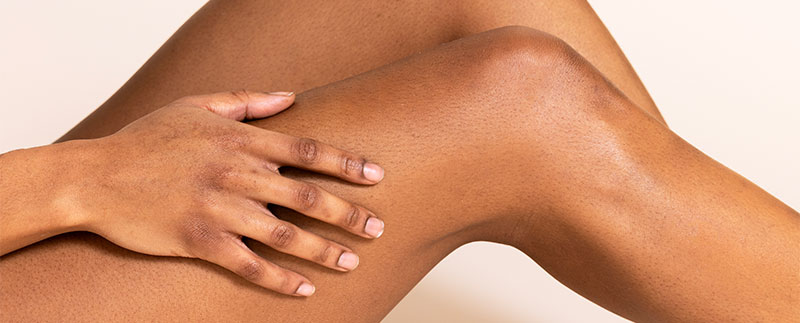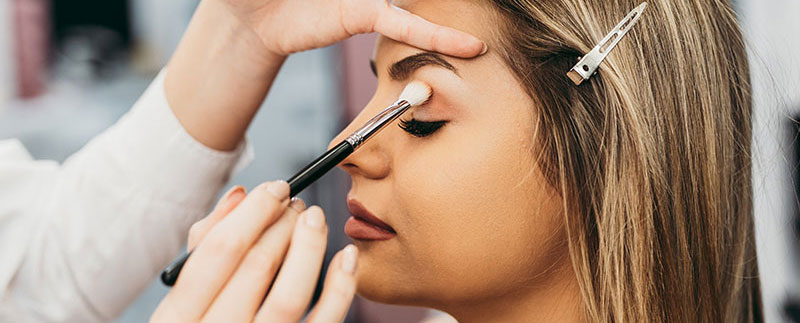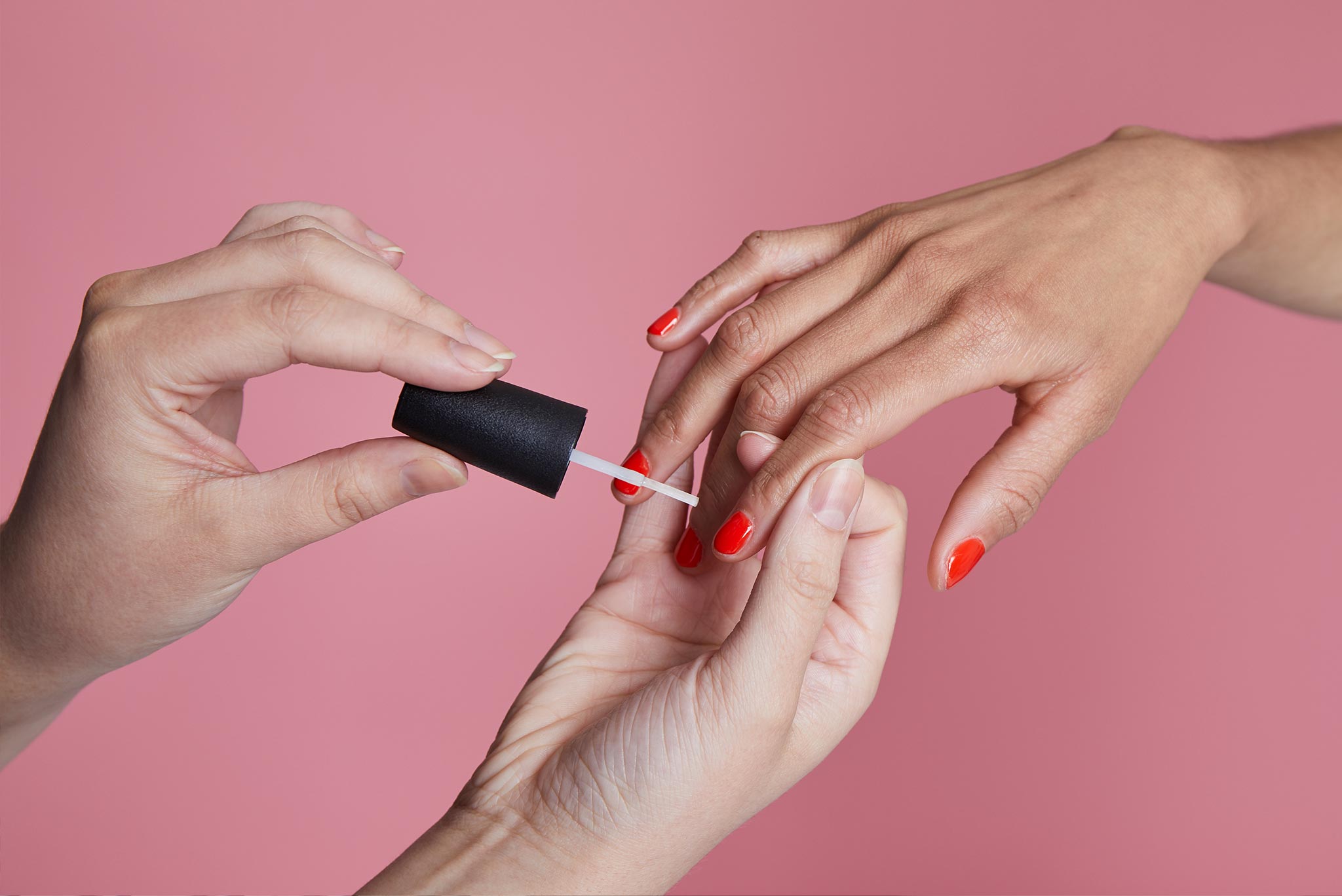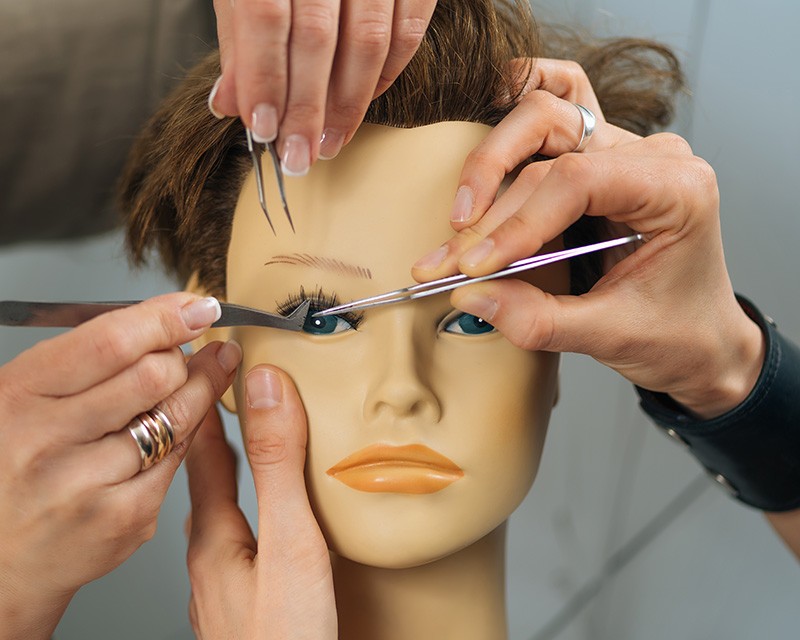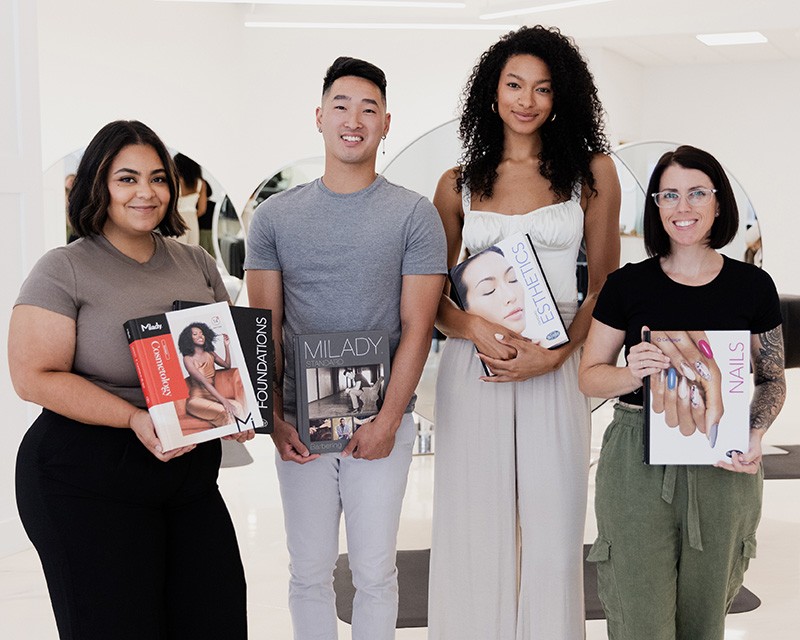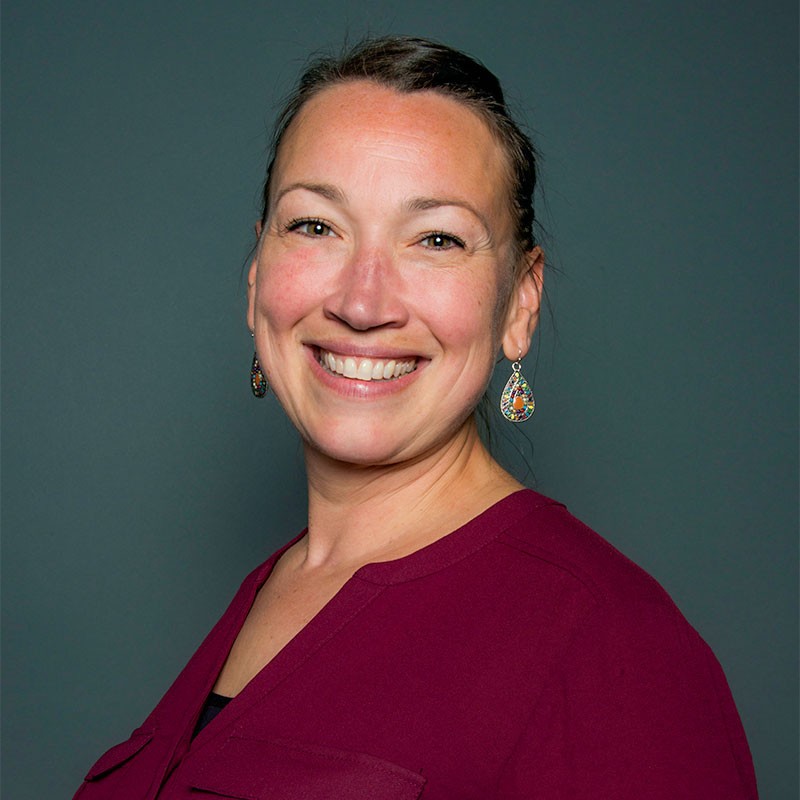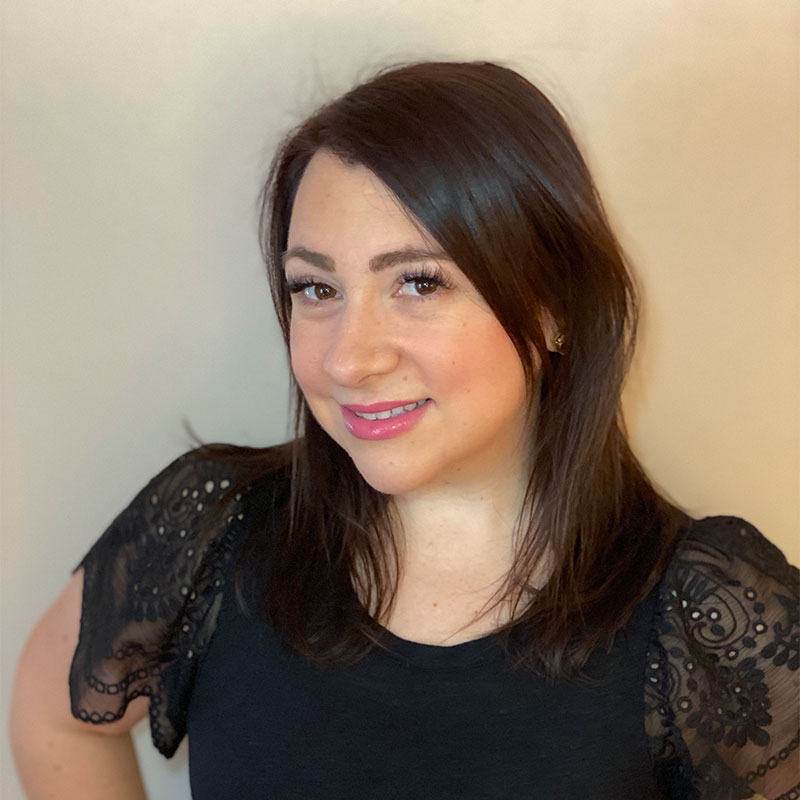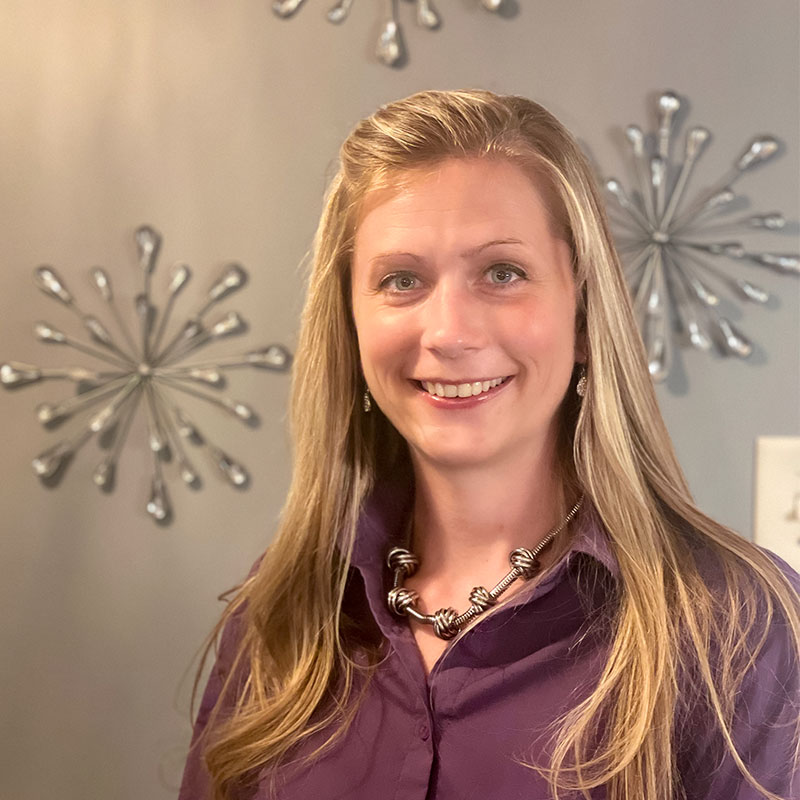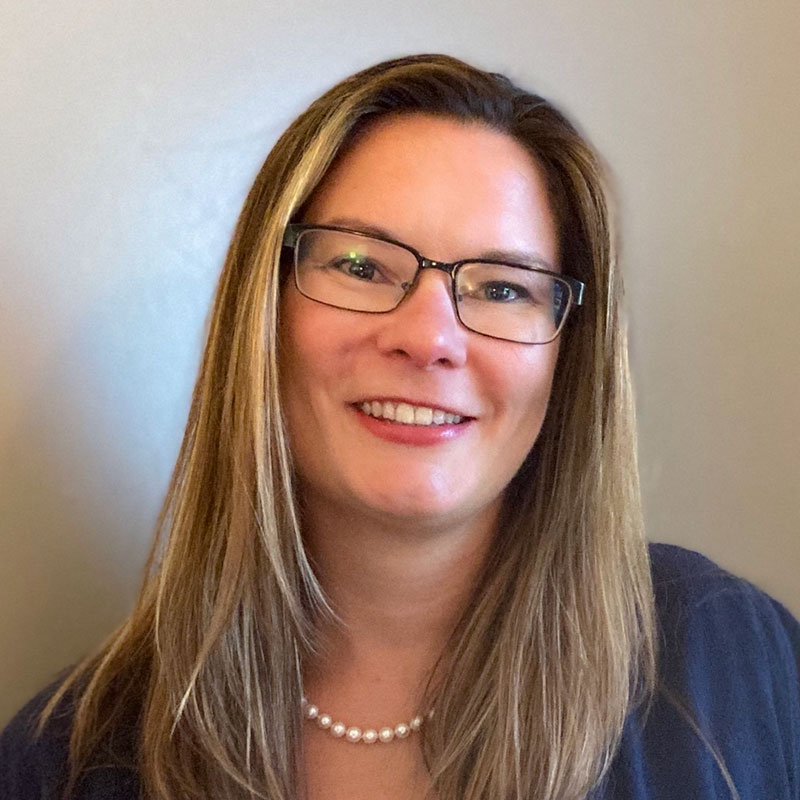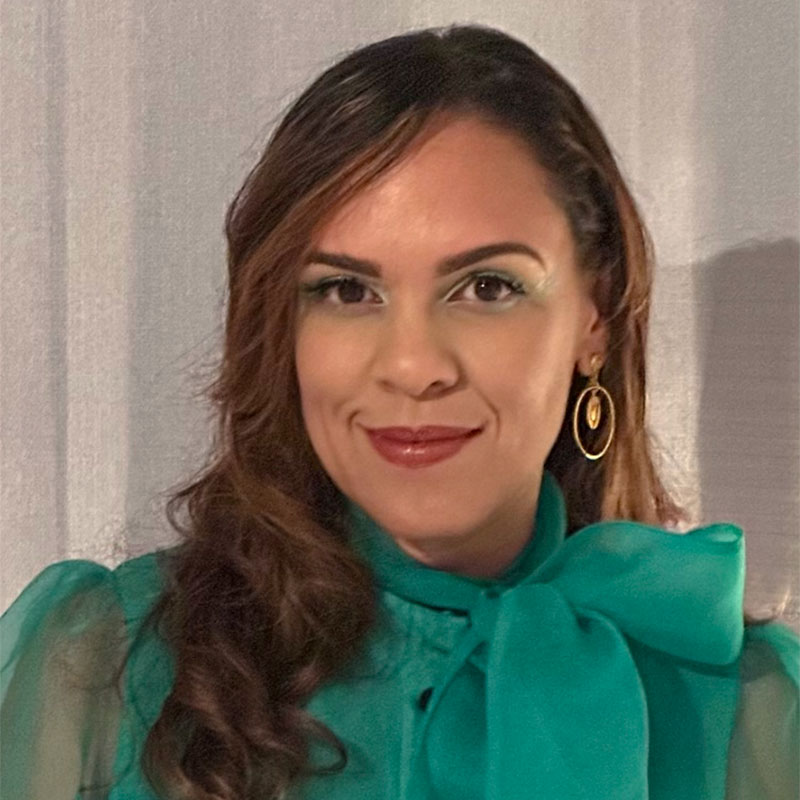Fact vs. Fiction: 6 Common Misconceptions About Beauty School
Don’t let common misconceptions about beauty school deter you from pursuing your dream. Let’s bust these six myths for good.
Milady | July 17, 2023 | 10 min read
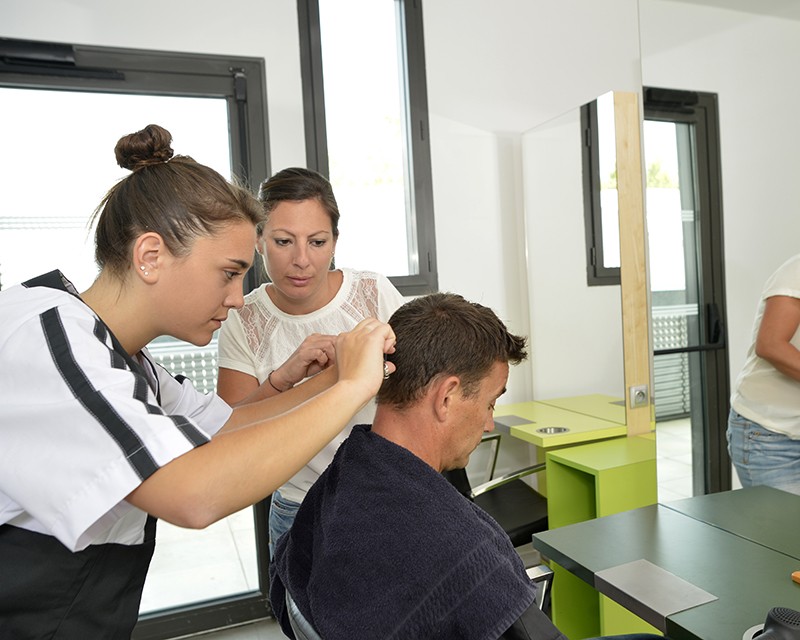
Despite being a multibillion-dollar industry with beauty influencers crushing it on social media, plenty of misconceptions still exist about the beauty industry at large—and beauty school in particular.
Sadly, these misconceptions can cause a person to hesitate before enrolling in beauty school—or abandon their dream altogether.
So let’s tackle six common misconceptions about beauty school once and for all, shall we?
Table of Contents
- Misconception #1: Beauty school isn’t a “real” school.
- Misconception #2: Beauty school is easy.
- Misconception #3: Beauty school is for people who can’t get into college.
- Misconception #4: People who go to beauty school will cut hair for the rest of their lives.
- Misconception #5: Women go into cosmetology, and men go into barbering.
- Misconception #6: Beauty school is for people who don’t want a serious job.
Misconception #1: Beauty school isn’t a “real” school.
OK, so what is “school” anyway? School is where learning occurs, knowledge is shared, and skills are tested. Guess what? All of that happens in beauty school, just like it does in countless other schools.
This myth likely exists because of some people’s preconceived notions of how education must happen. For example, suppose someone perceives school as a physical classroom with a chalkboard and an instructor. In that case, they might have difficulty appreciating all the learning that takes place in the student salon. But that’s their issue rather than an issue with beauty school.
- Bottom line: Beauty school offers an enriching education that prepares students for a rewarding career in the beauty industry.
Misconception #2: Beauty school is easy.
If you say to someone who’s completed beauty school that it must have been “easy,” they will either laugh, roll their eyes, or both—and then proceed to tell you all the different ways beauty school truly challenged them.
Completing beauty school requires effort, sacrifice, and grit—just like any other educational program. And let’s not forget the rigorous state licensing exam, which includes two parts: the theory exam and the practical exam.
- Bottom line: You might have easy moments when you learn something new. But you’ll also have moments when things are more challenging. This is true no matter what educational path you follow.
Misconception #3: Beauty school is for people who can’t get into college.
This ties in closely with misconceptions #1 and #2. First, as we explained above, beauty schools are legitimate educational institutions.
Second, people will enter beauty school at various points in their life. Some go directly from high school. Some go after attending a two- or four-year college. Some enter later in life after raising a family, working a job in an entirely different field, or both.
- Bottom line: Beauty school is for anyone interested in the beauty industry, full stop. It’s not a second choice or last resort. Instead, beauty school is a genuine path to a fulfilling career.
Misconception #4: People who go to beauty school will end up cutting hair for the rest of their lives.
First of all, if someone pursues a cosmetology degree because they love styling hair and they do it for their entire career because it brings them joy and a reliable income—what’s wrong with that?
Hint: Absolutely nothing.
But let’s clear up the real myth. Beauty school doesn’t automatically mean “hairstylist.” Yes, many students will enroll in cosmetology or barbering. But plenty of others will pursue esthetics, nail technology, and massage therapy.
As for what people can do with their cosmetology (or barbering, esthetics, nail tech, or massage therapy) license, here’s a short list . . .
- Styling hair on film sets or fashion runways
- Doing nails in a spa on a cruise ship
- Developing a line of makeup or nail polish
- Becoming a brand manager for a beauty company
- Writing for beauty magazines
- Becoming a beauty blogger
- Creating a YouTube channel with makeup and hair tutorials
- Collaborating with skincare brands on Instagram and TikTok
- Making wigs for cancer patients
- Opening a salon or spa
- Franchising a salon or spa
- Teaching at a beauty school
- Doing a combination of several things
All of the career paths above are possible thanks to beauty school.
- Bottom line: Beauty school teaches students the skills to succeed in a wide variety of beauty-related careers.
Misconception #5: Women go into cosmetology, and men go into barbering.
While it’s true the majority of cosmetologists are women, it’s also true that men pursue cosmetology.
According to recent data, nearly 92.6% of cosmetologists are women, and 7.4% are men. On the flip side, 25.1% of barbers are women, and 74.9% are men.
- Bottom line: Cosmetology and barbering are for everyone. (The same is true for nail technology, skincare, and massage therapy.)
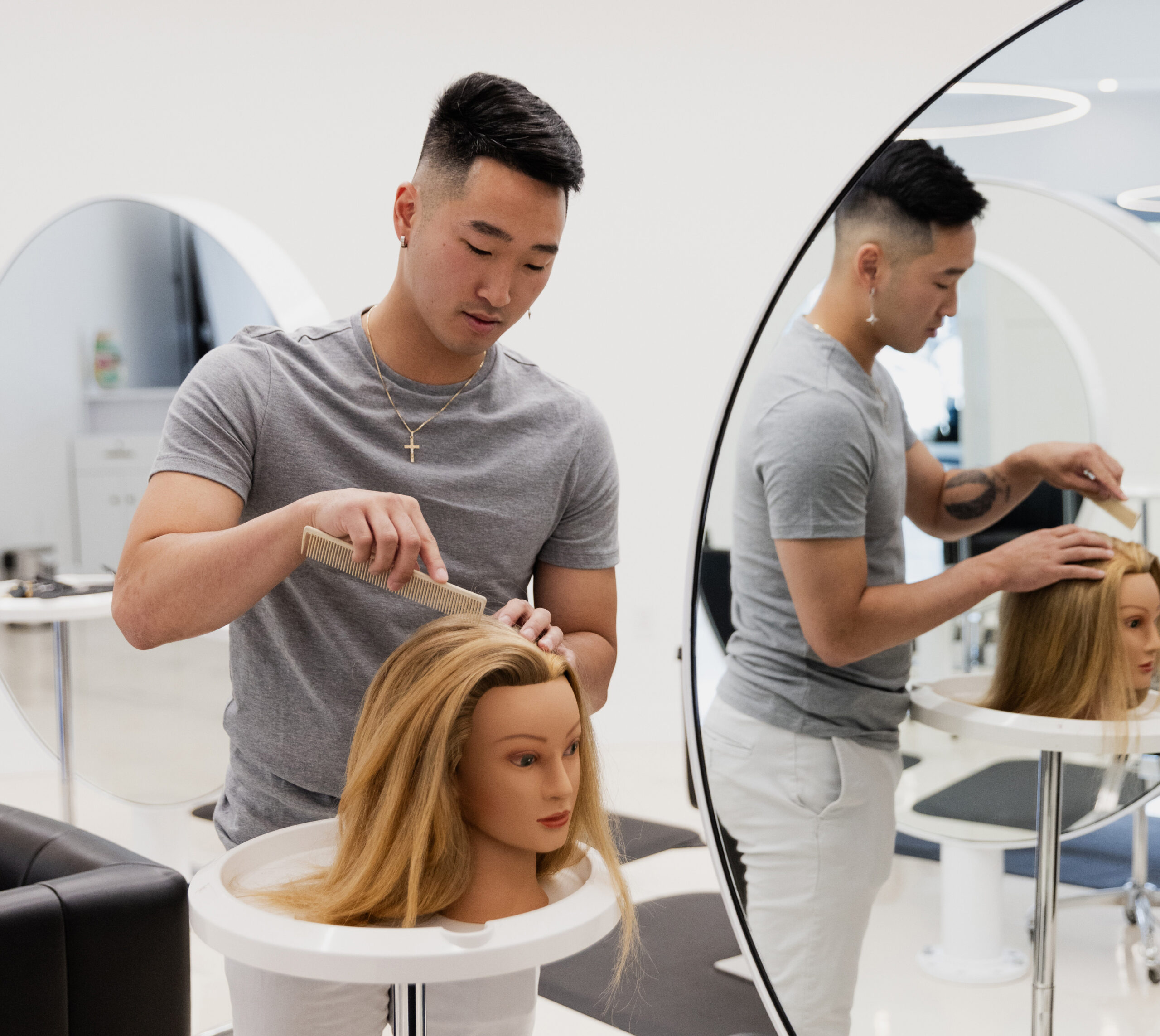
Misconception #6: Beauty school is for people who don’t want a serious job.
This article from McKinsey & Company reports, “In 2022, the beauty market—defined as skincare, fragrance, makeup, and haircare—generated approximately $430 billion in revenue.”
If that’s not “serious” enough, consider this other nugget from the same article: “Today, beauty is on an upward trajectory across all categories. It has proven to be resilient amid global economic crises and in a turbulent macroeconomic environment. Beauty is now an industry that many people, from top-tier financiers to A-list celebrities, want to be a part of—and with good reason.”
Want more compelling stats?
- The average cosmetologist makes $54,307 (and only works 27.8 hours a week!).
- The outlook for beauty pros is strong. According to the Bureau of Labor Statistics, the employment of barbers, hairstylists, and cosmetologists is projected to grow 11 percent by 2031, much faster than the average for most occupations.
But we should consider this myth’s subtext, particularly around the word “serious.”
Beauty professionals impact people’s lives daily, making them feel great about themselves. And if that isn’t serious enough, consider all the ways beauty pros go above and beyond—from being a sounding board for clients going through difficult times to being on the lookout for signs of domestic violence and human trafficking to recognizing a problematic mole on the top of someone’s head. Beauty pros affect their clients’ lives in small and big ways every single day.
- Bottom line: The beauty industry is a serious destination where people can thrive in their chosen careers.
The best way to bust these myths for good is to prove them wrong.
If you’ve been thinking about beauty school, don’t let the naysayers or these common misconceptions about beauty school convince you to walk away. Trust your gut and take the leap. You got this!
Ready to take the first step towards an exciting and rewarding career in the beauty industry?
Sign up for the Milady email list. As a subscriber, you’ll get a sneak peek into the world of beauty and all the possibilities that await you. Don’t miss out on this opportunity to stay in the know and start your journey towards a brighter future today.
"*" indicates required fields

About Milady
Milady is on a mission to prove that a career in the beauty industry can lead to professional success and personal fulfillment. Our job is to create forward-thinking education that reshapes the industry and uplifts the next generation of beauty professionals. Let’s change the face of beauty. Learn more about Milady, here.

